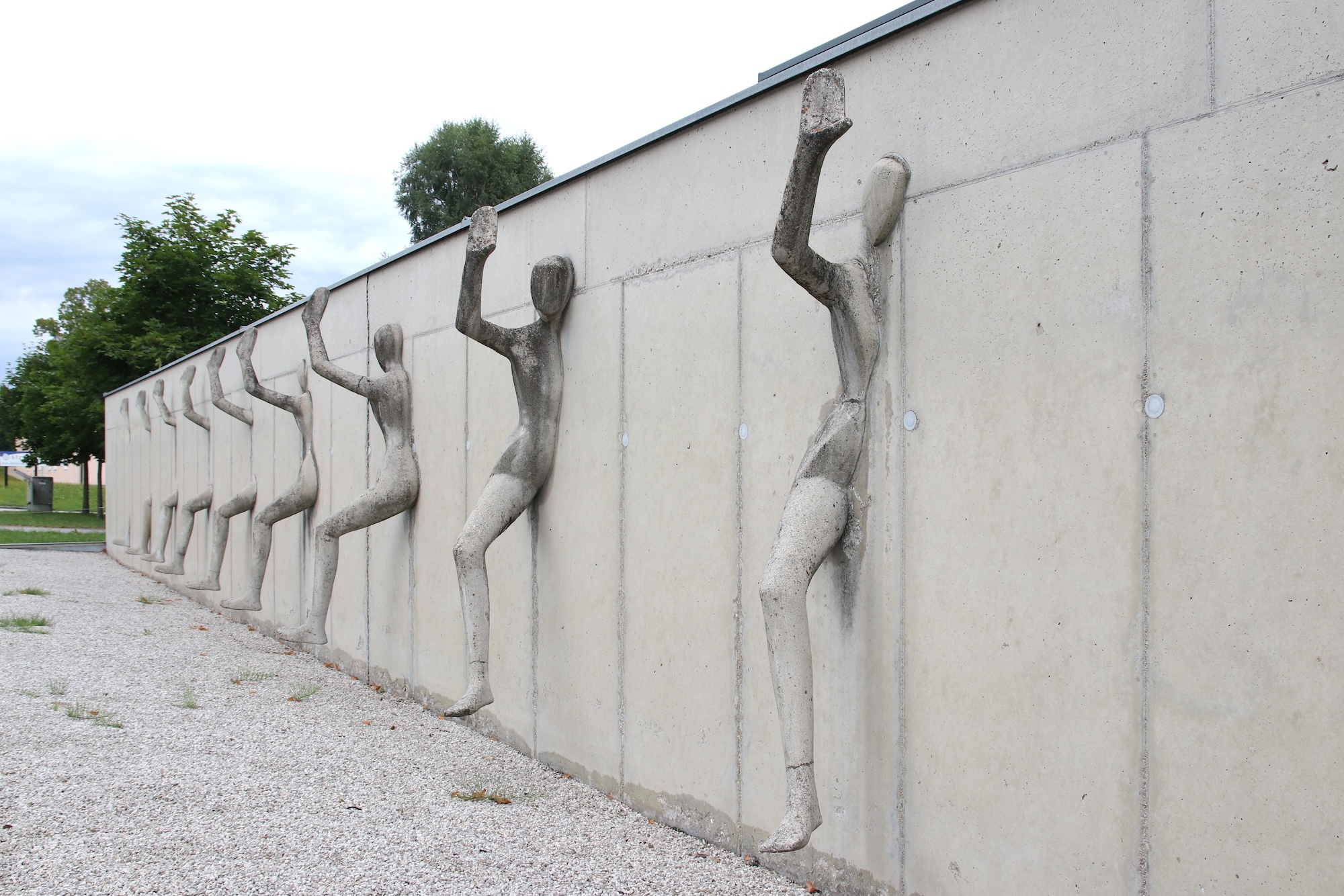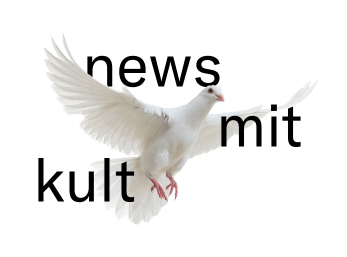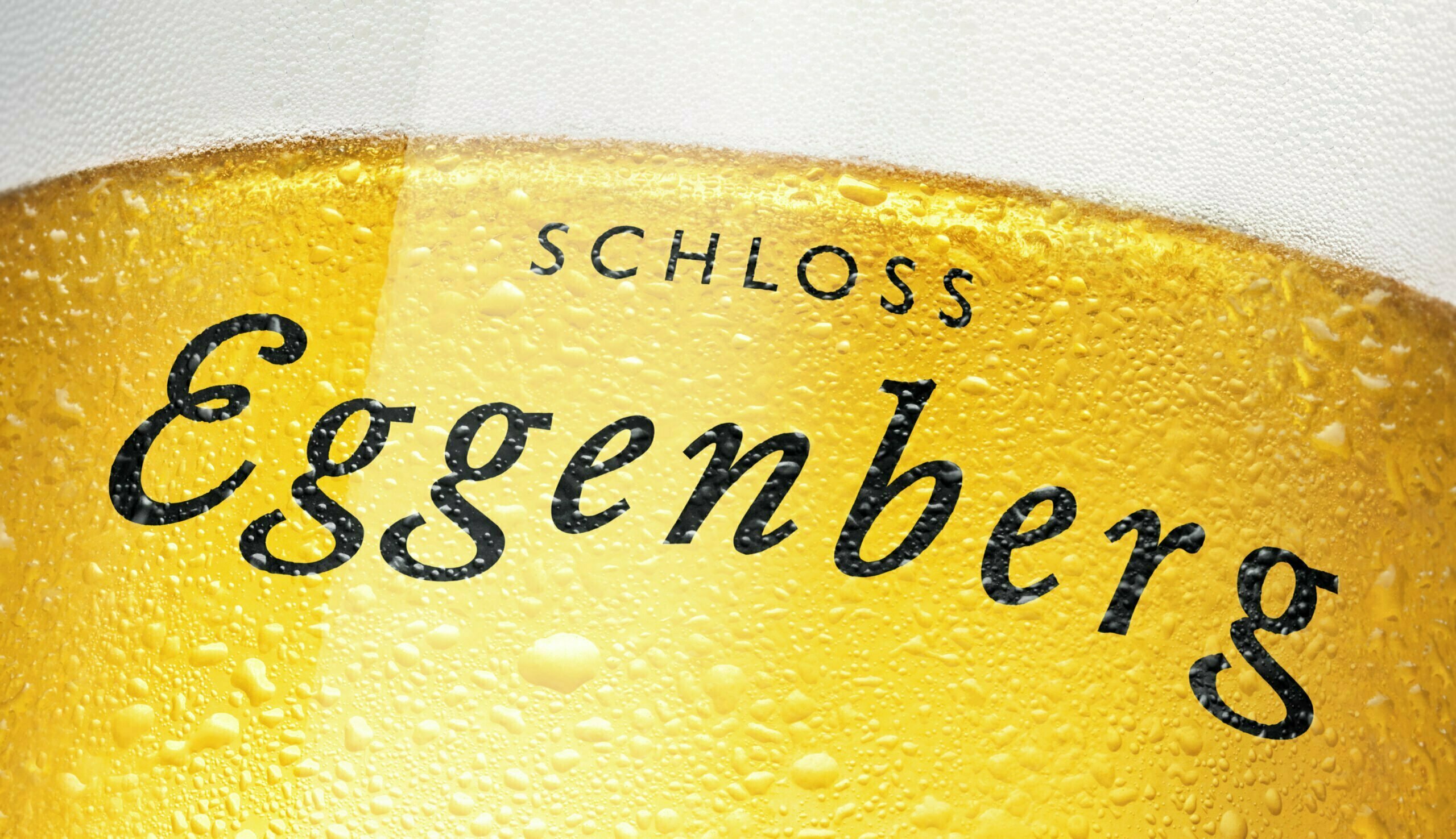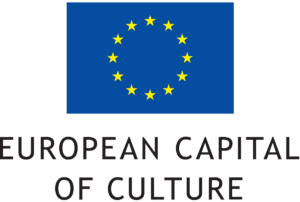The Academy of Games in Grünau im Almtal is offering two one-week workshops led by two renowned personalities:
- Parastou Forouhar, artist and activist born in Tehran/Iran and now living in Germany
- Manuel Gorkiewicz, artist, who graduated from the Academy of Fine Arts in Vienna with a degree in painting and graphic arts and studied social anthropology and philosophy at the university there
The source of inspiration
Gottfried Wilhelm Leibniz (1646-1716), the universal mind of his time, developed the idea of the mind game. He argued that marvelling and wondering about things and processes is essential for learning and that the interaction of several disciplines can expand their capacities.
The scholar dubbed his vision of an all-encompassing worldview a “drôle de pensée”, although he was just as serious about this as he was about his endeavours to found an academy of science.
In 1675, the scholar was living in Paris and attended an astonishing demonstration on the Seine, where an apparatus was being demonstrated that made it possible to walk on water. Stirred up by this spectacle, he runs home and writes an enthusiastic and chaotic text in which he outlines his ideas for an academy of games. He is convinced that wonder and amazement have an inherent productive power and so he wants a popular exhibition with curiosities, fascinating automata and machines, animal dressage, theatre performances and fireworks, with games, with cabinets of art and rarities, with games of chance and lotteries. This is where the universal science that Leibniz had in mind takes on a popular form, where it becomes clear that he is striving for a discourse space for “all inquisitive minds” – and wants to make it useful for the future of science and thus the world. At the core of these considerations are perception and cognition and – also observation – as principles and prerequisites for creative work.
















